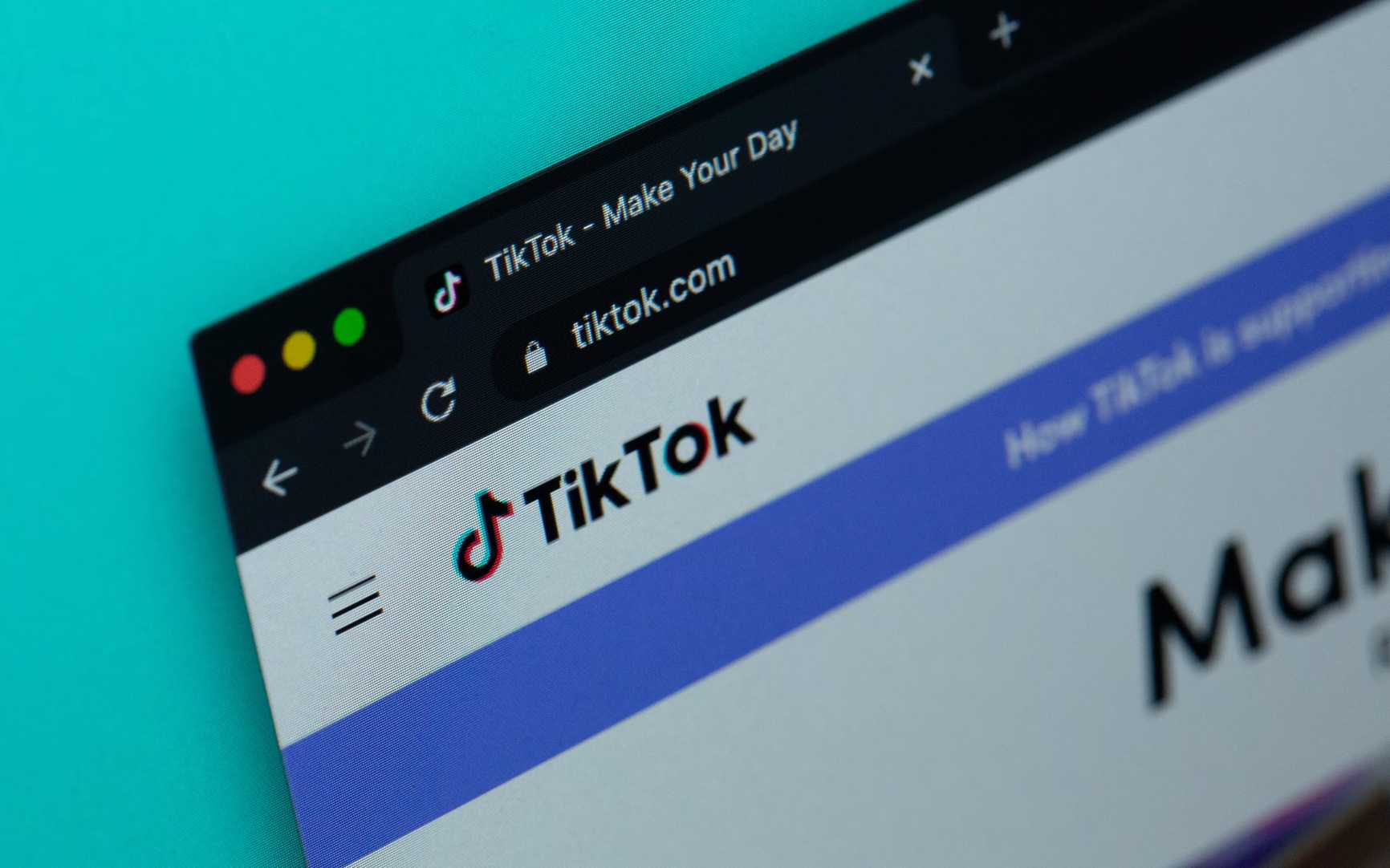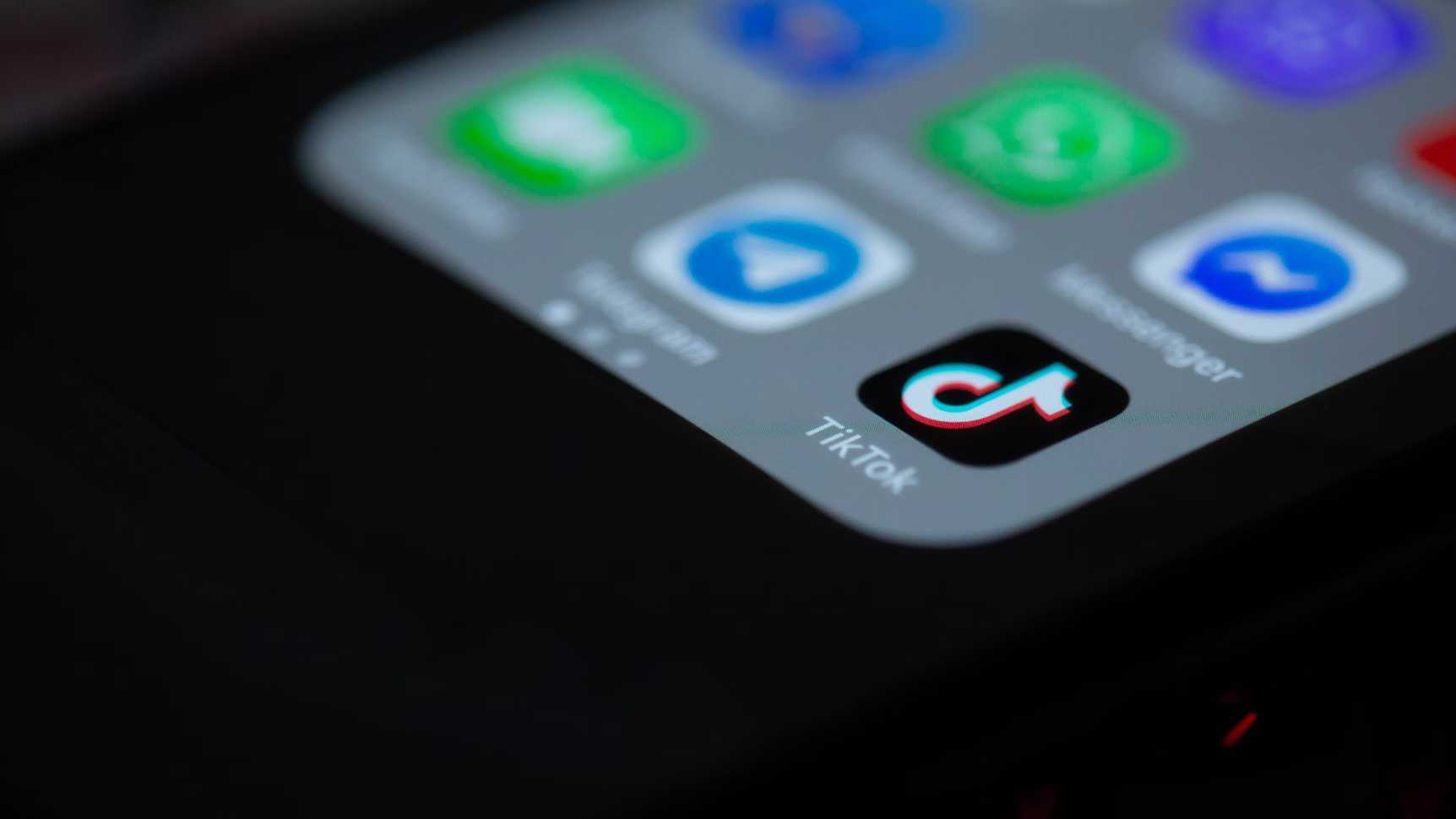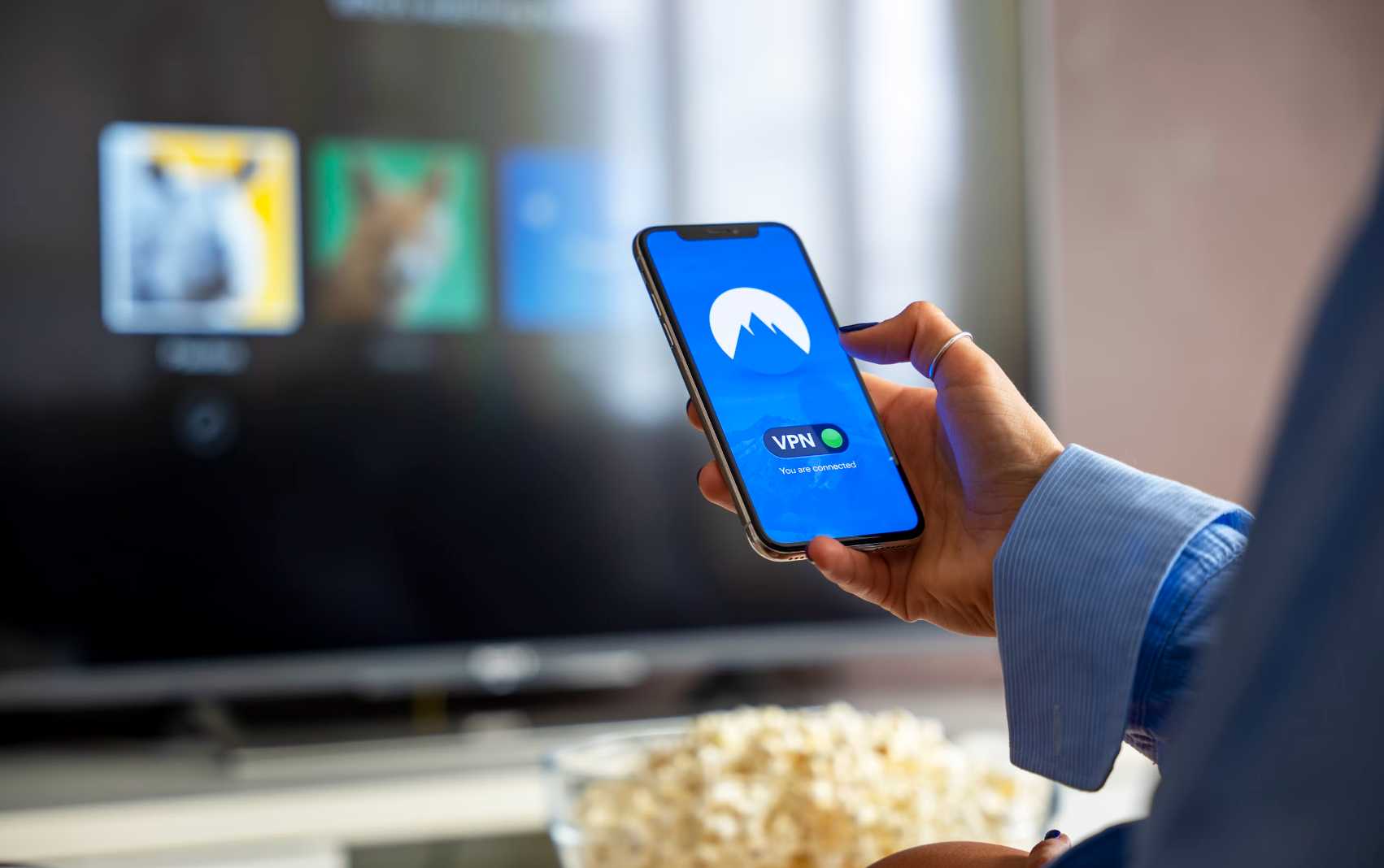- TikTok faces a serious threat of being banned in the US due to concerns about national security.
- The app’s ownership by Chinese company ByteDance raises worries about data privacy and potential government influence.
- A ban could involve removal from app stores and restrictions on web access, similar to previous attempts in 2020.
- Users may explore workarounds such as mobile VPNs, but the effectiveness remains uncertain, while spin-off apps could emerge as alternatives.
In the past year, the popular social media app TikTok has faced a significant threat of being banned in the United States.
This time, a bill to ban the app on US shores has passed a House of Representatives committee vote with bipartisan support, indicating a real possibility of a total ban.
The main concern driving this potential ban is the threat to national security due to TikTok’s ownership by Chinese company ByteDance.
In this article, we will explore the reasons behind the potential ban, how it might be implemented, and whether there are any possible workarounds.
What Is The Reason Behind The Potential TikTok Ban?
The primary accusation behind the potential TikTok ban in the US is its alleged threat to national security.
Despite TikTok’s seemingly harmless content, such as lip-sync videos and air fryer recipes, concerns arise from the data it gathers about users.
The issue is not with the content itself but rather with how TikTok might handle the underlying data, including user likes, comments, and location information.

FBI Director Christopher Wray expressed “extreme” concern about the potential for China to “weaponize” data gathered from TikTok’s US-based users.
As TikTok is owned by the Chinese company ByteDance, Chinese law allows the government to compel companies to hand over data stored on their servers.
This raises worries about the Chinese government having access to sensitive user information.
Another concern is the potential influence the Chinese government could have by manipulating TikTok’s recommendation algorithm, thus impacting the content that users see.
While there is no hard evidence of these practices being widespread on TikTok, the app, like others such as Facebook and Instagram, collects a substantial amount of user data.
In the past, four employees were fired from TikTok’s parent company ByteDance for allegedly gathering usage data of US journalists, adding to the concerns about data privacy and security.
The US government, including the current Biden administration, has been investigating TikTok and its relationship with its Chinese parent company for several years.
The TikTok Ban Process
The process of implementing a TikTok ban in the US has already been demonstrated in a previous attempt in September 2020.
The US Department of Commerce issued a ban instructing Apple and Google to remove TikTok and WeChat from their app stores.

Although this ban was later blocked by a federal judge and revoked by President Biden, it provides insight into how a potential TikTok ban might be executed.
If a ban were to occur, users in the US might find themselves unable to download TikTok from the iOS or Android app stores.
This would cut off access to future updates, and over time, the app could stop working on smartphones.
The US government could also potentially block access to TikTok’s web version by identifying users’ IP addresses.
Can Users Circumvent a Possible TikTok Ban?
One possible solution could be using a mobile VPN to change the device’s location in the eyes of the internet service provider (ISP).
While this workaround may come with a monthly cost, it could be effective as long as users connect to a server in a country where TikTok is not banned.
Popular mobile VPNs such as ExpressVPN, NordVPN, and Surfshark could potentially be used for this purpose.

However, it’s essential to note that TikTok collects approximate location information based on device or network information, including SIM cards and IP addresses.
This means that even with a VPN, the app could still use rough location data to restrict access.
The effectiveness of VPNs in circumventing a TikTok ban remains uncertain.
In some cases, a ban on TikTok could lead to the emergence of spin-off apps, similar to what happened in India when the country banned TikTok in 2020.
Users might find alternatives created by developers seeking to fill the void left by the ban, providing a possible avenue for continued access to TikTok-like content.
Conclusion:
The potential ban of TikTok in the United States is driven by concerns about national security, data privacy, and the app’s ownership by Chinese company ByteDance.
The US government’s investigations and the recent bill indicating bipartisan support to ban TikTok.
If implemented, the ban could follow a process similar to the 2020 attempt, involving the removal of TikTok from app stores and potential restrictions on web access.
Users affected by a TikTok ban might explore workarounds, such as using mobile VPNs to change their location.
However, the effectiveness of these solutions remains uncertain, considering TikTok’s data collection practices.
The emergence of spin-off apps could offer an alternative for users seeking TikTok-like content.

